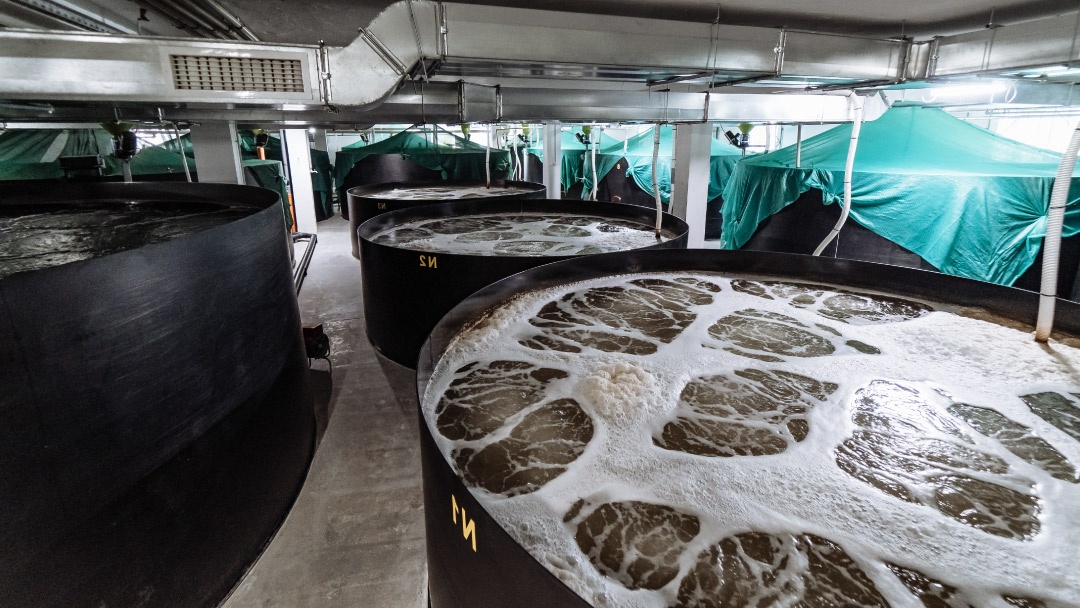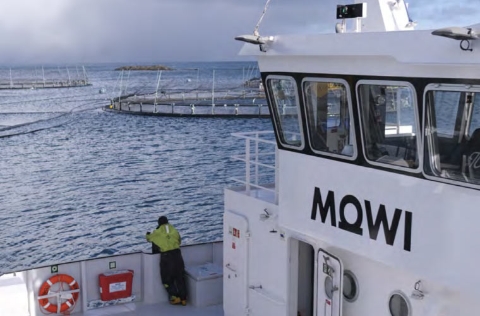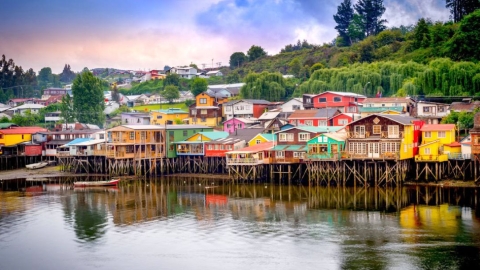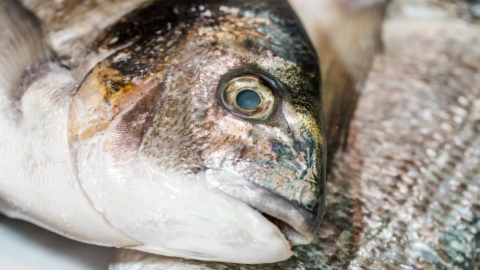
As the global aquaculture industry faces mounting pressure to reduce its environmental footprint, researchers in Vietnam have developed an innovative system that delivers both high productivity and environmental sustainability. The Integrated Multi-Trophic Aquaculture Recirculating System (IMTA-RAS) combines eco-friendly principles with cutting-edge technology to create a zero-discharge, closed-loop system for the intensive farming of whiteleg shrimp (Litopeaneus vannamei).
Published in Aquacultural Engineering, the study evaluated the system over a 124-day production cycle with no water exchange. The IMTA-RAS integrates shrimp with tilapia (Oreochromis niloticus), green algae Cladophora glomerate, and red algae Glacilaria tenuistipitata within a closed-loop design that maximises nutrient reuse, enhances biosecurity, and minimises environmental impact.
The results speak for themselves: shrimp yield reached 6.9 kg cubic metre, tilapia 3.1 kg cubic metre, and over 5 kg square metre of each algae species. Water quality parameters remained stable throughout the cycle, with no need for antibiotics or chemical treatments. Shrimp survival stood at 62.2%, white tilapia reached 100% survival.
“The IMTA-RAS system shows that it is entirely feasible to farm litopenaeus vannamei intensively while drastically reducing waste and optimizing resource use through the integration of complementary species,” the authors explain.
In terms of nutrient balance, the system recovered 45.9% of the nitrogen and 27.6% of the phosphorous from the feed in the form of biomass. The remained was retained in sludge, harvest water, or accounted as minor losses-representing a marked improvement compared to traditional farming methods.
From an economic standpoint, the model is equally promising. Shrimp represented over 93% of total revenue, with a profit margin of 79%. The co-cultured species-tilapia and algae-contributed an additional 6.5% of revenue without requiring feed or inputs, as they thrived on the system’s residual nutrients.
This Vietnamese-led innovation positions IMTA-RAS as a viable, scalable alternative for sustainable aquaculture-particularly in regions like the Mekong Delta, where intensive shrimp farming faces ongoing challenges linked ot water use, waste discharge, and disease outbreaks.



